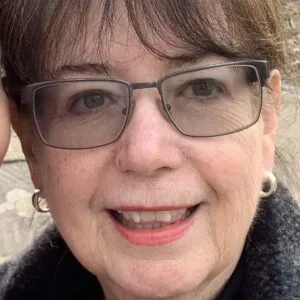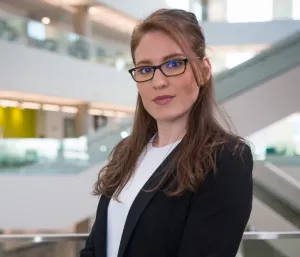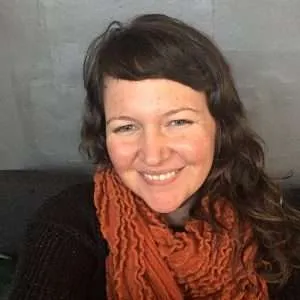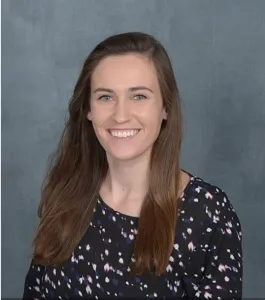Editorial Note:
This profile of Swakshadip Sarkar, MSc is brought to you through a partnership between the Association for Applied and Clinical Sociology (AACS) and Applied Worldwide. Thank you to AACS and all those who made valuable contributions to the Profiles in Applied & Clinical Sociology series.
This profile is presented with the intentions of: 1) providing students with examples of applied sociology, 2) providing market value to sociological skills and services, and 3) promoting the work of individual sociological practitioners and organizations. You can learn more about AACS at AACSnet.net.
Swakshadip Sarkar, MSc
Swakshadip Sarkar began their career in applied sociology with earning their MSc degree in Social and Cultural Theory from the University of Bristol. They mainly “work with feminist and queer theories and their applications.” One example of Sarkar’s work includes their work on “the formation of homosexual identity amongst homosexual men in West Bengal, a state in India.” They are “also involved in a research project that explores the ecosystem of gender parity in Indian academia.”
When we asked Sarkar how they established themselves as an applied sociologist, they told us:
Mainly through curiosity and the real life issues that I face as a queer person. The training I had during my masters degree helped me develop more into an applied sociologist.
You can connect with Swakshadip Sarkar on LinkedIn or Twitter. Continue below for the full interview with Sarkar!
Using Sociology in Practice
In general, how do you use sociology in practice?
Sociology is the study of human interactions and by definition is a practical subject. The fields I research on requires core knowledge on Sociology especially feminist and queer theories and issues.
How do you use sociological theory in practice?
Sociological theories have been developed through decades of observation and research. They are a toolkit to understand human interactions and what influences these. I use feminist and queer theories in my research to develop a more better understanding on how policies affect women and queer people.
Lessons for Future Practitioners
What types of courses should undergraduate students take in preparation for a career similar to yours?
Research methodology is a very important aspect to learn during the undergraduate degree. Having general introductory courses in gender and sexuality is also important to give undergraduate students more emphasis on the power dynamics and power structures that affects women and gender and sexual minorities.
What types of courses should graduate students take in preparation for a career similar to yours?
Advanced research methodologies along with more research exposure is very important at this stage. Getting into the depth of gender studies and learning more about intersectionality is also very necessary.
What types of experiences should graduate students seek in preparation for a career similar to yours?
Graduate students should seek for more research experiences in the form of internships, individual research projects and presenting in conferences.
How would you describe the daily life of an applied or clinical sociologist?
Applied sociologists need to keep their senses open and communicate with people to understand potential topics for research which needs attention. The daily life of an applied sociologist needs a lot of reading and getting into the depth of different theories in order to be able to apply those to explain situations.
What advice do you have for aspiring applied and clinical sociologists?
My advice would to be grow curiosity about the surroundings and try to understand the layers of privilege and communicate with people more.







